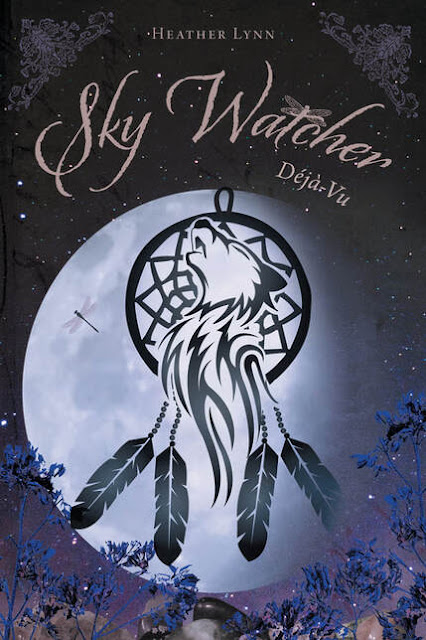Unraveling 'Dejá vu' - A Sky Watcher Series Review"
I have finally finished book 2 of the Sky Watcher series, titled Dejá vu, which is quite fitting. But before delving further, I would like to explain why I am giving this book a rating of 4 stars instead of 5. While it is an excellent read, there are some parts that can be challenging due to their somewhat confusing nature. For instance, towards the end, there is a passage about a dream that may leave readers feeling perplexed, as if something crucial is missing. It becomes clear a few pages later that nothing is actually missing, but the purpose of that section remains somewhat ambiguous, although I trust there is one.
In contrast to the first book, "Dejá vu" also required more time for me to get into the flow. The narrative is quite intricate, and its nuances become clear as you differentiate between the two books. Having multiple narrators sharing their perspectives on the events helps in understanding various aspects as the storyline progresses, although it also adds complexity to the reading experience. Despite these challenges, I thoroughly enjoyed the book. One of the reasons for my enjoyment was the opportunity to delve deeper into characters that were previously overlooked. I have a slight bias towards character development over action, which sometimes leads to its own set of issues, as a compelling story strikes a balance between both elements. Yet, Heather Lynn manages this balance flawlessly.
In "Dejá vu", the characters who caught my attention the most were Lionel and Edmond. I could also mention Marshall, although he is not extensively explored in either book. Another notable character is Penelope, distinct from the famous Queen of Ithaca married to Odysseus. She has a significant role in the events, but my thoughts on her will be shared later. So onwards to the other two.
In my perspective, Lionel is a deeply troubled individual prone to epic mistakes. The root of his torment remains unclear and speculative, yet two key aspects stand out: his volatile temper and inability to handle rejection, as well as his susceptibility to manipulation by a third party. Unfortunately, Lionel's story does not culminate favorably; however, these characteristics blend to create a complex character, leaving one to ponder whether redemption was truly beyond his grasp.
And what about Edmond? Frankly, I only began to truly notice Edmond in the latter half of this book. Initially, in Book 1, "A Shadow in Time," I perceived him as a character who would make me roll my eyes - especially since he works in a Tavern/Inn. I pondered, with disdain, about the probable odors of such a place. Each time his character was mentioned, I preconceived him as "the taverner." Yet, it became evident that there was more depth to Edmond than I had assumed. So, for the first time, I saw him as a complex individual, rather than just a stereotype and this was a delightful surprise.
Dejá vu is not only about correcting a mistake but also about progressing the storyline by moving it forward. Once the initial issue is resolved, it transitions to the next one. This cycle of revisiting past events heightens the tension, adding layers to the plot and characters. By repeating certain moments, the story gains depth and complexity, enriching the experiences for both the characters and the readers, while interplay between the past and the present creates a captivating narrative that keeps us engaged and invested in the unfolding story.
So in conclusion, yes, I do recommend this book very much. And now onwards to book 3.



Comments
Post a Comment